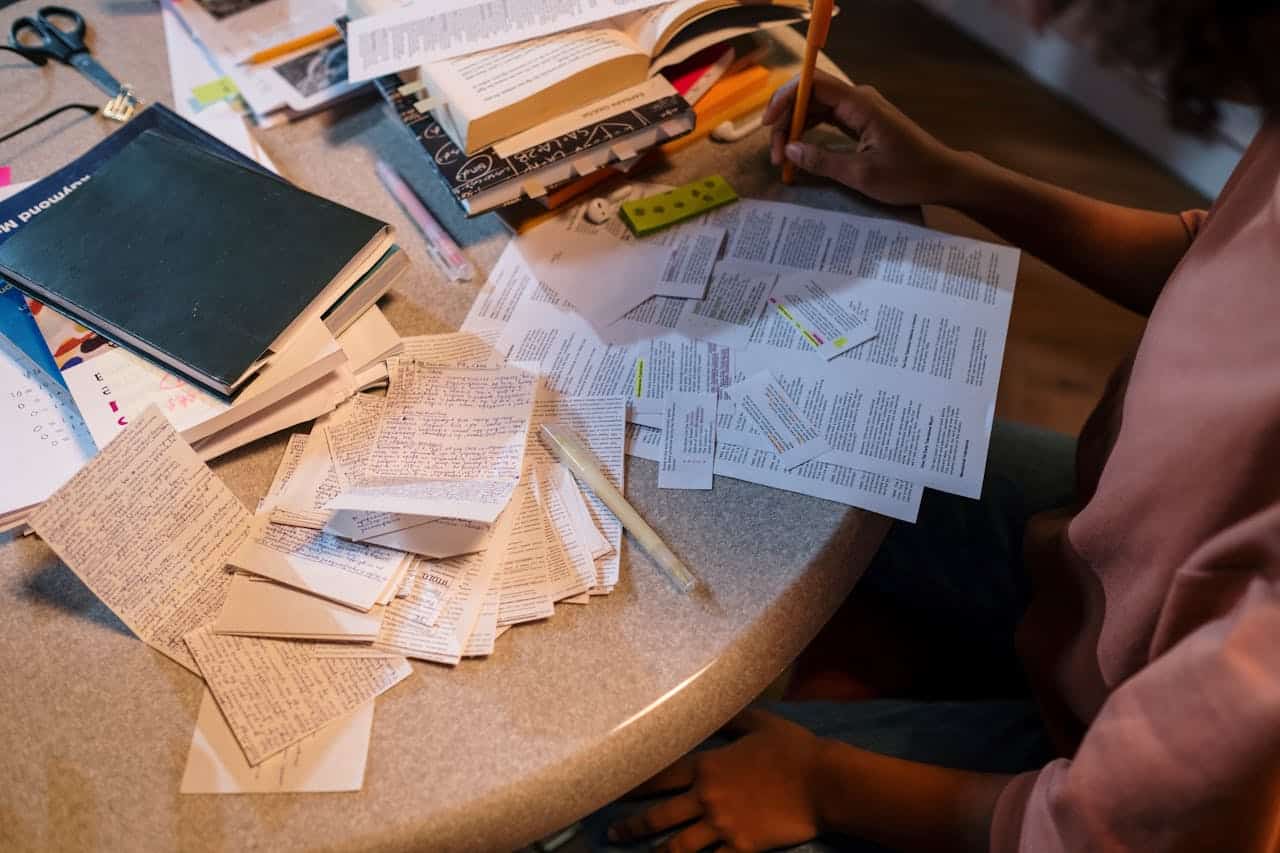The Registered Behavior Technician (RBT) certification is a crucial step for those looking to enter the field of Applied Behavior Analysis (ABA). It is a foundational credential for professionals working directly with individuals with developmental and behavioral challenges. One of the critical milestones in becoming an RBT is passing the RBT exam. In this guide, we’ll provide you with everything you need to know about the RBT exam, including the passing score, preparation tips, and the overall RBT exam pass rate to help you succeed.
Success Stories
“Move Up ABA has been a lifeline for our family. Before starting therapy, our son struggled with daily routines and communication. Now, he’s more independent and even initiated a conversation with a classmate for the first time! The progress we’ve seen in just six months is truly remarkable.”
- Emily R., Silver Spring, Accountant
“As a single dad, I was overwhelmed trying to manage my child’s behavior. The Move Up ABA team not only provided amazing support for my little girl but also taught me practical strategies to use at home. Their in-home sessions fit perfectly with our busy schedule. I’m so grateful for their patience and expertise.”
- Michael T., Rockville, Middle School Teacher
“We were hesitant about starting ABA therapy, but Move Up ABA’s approach put us at ease from day one. Our twins have made incredible strides in their social skills and self-regulation. The therapists are like extended family now, and we couldn’t be happier with our decision to work with them.”
- Aisha and James L., Simpson, Police Officers
Ready to start your child's journey to success? Schedule a free consultation today! 📞 Call (410) 497-8865.
What is the RBT Exam?
The RBT exam is a competency-based test that evaluates your knowledge and skills in behavior analysis as defined by the Behavior Analyst Certification Board (BACB).
It is designed to ensure that you can effectively implement behavior-analytic services under the supervision of a Board Certified Behavior Analyst (BCBA) or a Board Certified Assistant Behavior Analyst (BCABA).
RBT Exam Structure and Content

Understanding the structure of the RBT exam is the first step in effective preparation. The exam consists of 85 multiple-choice questions, of which 75 are scored and ten are unscored.
The unscored questions are used for future test development and do not count towards your final score.
The exam covers six core areas, each aligning with the RBT Task List:
- Measurement: Using data collection methods to monitor behavior changes.
- Assessment: Conduct behavioral assessments and understand client needs.
- Skill Acquisition: Implementing strategies to teach new skills and behaviors.
- Behavior Reduction: Applying techniques to reduce unwanted behaviors.
- Documentation and Reporting: Maintain accurate records and communicate effectively.
- Professional Conduct and Scope of Practice: Adhere to the ethics code and practice within the scope of your certification.
How Many Questions Are on the RBT Exam?
The RBT exam contains 85 questions, including the ten unscored questions. The remaining 75 questions are spread across the six core areas mentioned above.
These questions assess your understanding and practical knowledge of ABA principles and their application in real-world settings.
What is the RBT Passing Score?
The passing score for the RBT exam is determined using a scaled scoring system rather than a fixed percentage. This means that the number of correct answers required to pass may vary slightly depending on the difficulty of the exam version you take.
The BACB uses a scaled score range of 0 to 250, with a minimum passing score of 200. This scoring method ensures fairness and consistency across different test versions, regardless of their relative difficulty.
Understanding Scaled Scoring
Scaled scoring adjusts your raw score (the number of questions answered correctly) based on the difficulty of the exam version. If you take a version of the exam that is slightly more difficult, a lower raw score can still result in a passing scaled score of 200 or higher.
Conversely, a more accessible exam version may require a higher raw score to achieve the same scaled score. This system ensures that all candidates are evaluated on an equal basis.
RBT Exam Pass Rate: What Does It Mean?
The RBT exam pass rate is a metric that reflects the percentage of candidates who successfully pass the exam on their first attempt. Historically, the pass rate for the RBT exam is relatively high, which indicates that with adequate preparation, most candidates can achieve a passing score. Understanding the pass rate can provide insight into the overall difficulty of the exam and the level of preparation needed to succeed.
Why the RBT Exam Pass Rate Matters
Knowing the RBT exam pass rate can help set realistic expectations and alleviate some anxiety. A high pass rate suggests that the exam is manageable, provided you dedicate time to studying and fully understand the material.
However, it’s important not to become complacent; thorough preparation is still essential to ensure you pass on your first attempt.
Effective Strategies for Passing the RBT Exam
Achieving a passing score on the RBT exam requires strategic preparation and a solid understanding of the content areas. Here are some proven strategies to help you succeed:
Master the RBT Task List

The RBT Task List is your blueprint for the exam. It outlines the competencies and skills you need to master in the six content areas.
Please thoroughly review each task and focus on areas where you feel less confident. This will help you target your study efforts more effectively.
Use High-Quality Study Materials
Invest in high-quality study guides and practice tests designed explicitly for the RBT exam. Practice tests are beneficial because they simulate the actual exam experience, allowing you to gauge your readiness and identify areas for improvement.
Enroll in a Preparation Course
Consider taking an RBT exam preparation course. These courses offer structured learning and access to experienced instructors who can clarify complex concepts and answer your questions.
They also provide additional resources, such as practice exams and study guides, to reinforce learning.
Develop a Consistent Study Schedule
Consistency is vital when preparing for the RBT exam. Could you create a study schedule that allocates dedicated time for each content area, and stick to it? Regular, focused study sessions are more effective than last-minute cramming.
Participate in Study Groups
Joining a study group can provide additional support and motivation.
Discussing topics with peers can help reinforce your understanding and expose you to different perspectives on the material.
What to Do If You Don’t Pass the RBT Exam
Don’t be discouraged if you don’t pass the RBT exam on your first attempt. The BACB allows you to retake the exam up to eight times within one year, with a minimum of one week between attempts.
Use this opportunity to review your performance, identify areas of weakness, and adjust your study strategy.
Tips for Retaking the Exam
Review Your Score Report: Analyze your performance in each content area to pinpoint where you need to improve.
Utilize Different Study Resources: Try different study materials or seek additional resources, such as tutoring or an exam prep course.
Stay Focused and Positive: Keep a positive mindset and remain committed to your goal. Persistence is key to overcoming setbacks.
Conclusion

Understanding the RBT exam, the passing score, how long to get the certification, and the RBT exam pass rate is crucial for anyone pursuing a career as a Registered Behavior Technician. With the proper preparation and resources, you can confidently approach the exam and achieve your certification goals.
By mastering the RBT Task List, utilizing effective study strategies, and maintaining a structured study plan, you can pass the RBT exam and take the next step in your career in behavior analysis.
For those preparing to take the exam, remember that thorough preparation and dedication are the keys to success.
With the right approach, you can achieve a passing score and begin your rewarding journey as an RBT. We at Move Up ABA wish you the best of luck!





